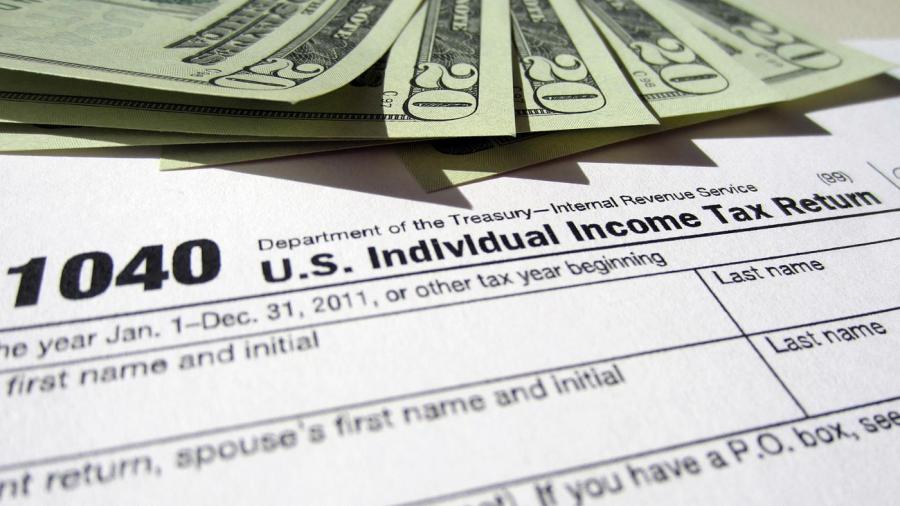What Are Five Civic Duties?

A civic duty is an action or responsibility expected of every member of a society. Generally accepted examples include obeying laws, serving on juries, paying taxes to the government, voting in elections and doing volunteer work. Many believe these civic duties are the basic tenets of citizenship.
Civic duties are based on the idea that citizens owe allegiance to the government and are obligated to serve and maintain it. In return, they receive protection from the government. Citizens are taught that with rights come responsibilities. While some indigenous cultures have a history of belief in civic responsibility, ancient Rome generally gets credit for originating the concept. The founders of the United States featured the concept of civic duty prominently in the U.S. Constitution.
Everyone is subject to the law, even those who don’t agree with it. Though the U.S. Constitution states that citizens have a right to resist laws they consider unjust, dissenters must accept the consequences. The government requires everyone to do jury duty when called upon. Citizens also must pay taxes to state and federal governments. Voting in elections, while not mandated in the United States, is considered a civic obligation. Volunteerism can take many forms, such as helping in a shelter, serving on a committee, raising money for charity, working as a volunteer firefighter or advocating for political issues.





